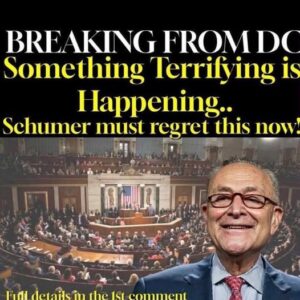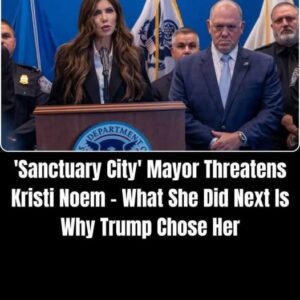The Supreme Court took no action Monday on several challenges to President Donald Trump’s Jan. 20 executive order aimed at ending birthright citizenship — the longstanding guarantee of citizenship to nearly all individuals born on U.S. soil. The justices are expected to revisit the cases at their private conference on Friday, Dec. 5, and could announce later that day whether they will grant review.
The decision to reconsider the government’s petition — a step known as a “relist” — is routine. A relist can indicate that one or more justices want additional time to study the case, or that a justice is attempting to secure a fourth vote needed to grant review. When a case is relisted repeatedly, it can also signal that a justice is drafting an opinion related to the denial of review, or that the court is considering a summary reversal — a ruling for the party seeking review without full briefing or oral arguments.
In the birthright-citizenship challenges, another potential scenario appears to be in play, SCOTUSBlog reported on Monday.
“Since 2014, the court has generally granted review only after it has relisted a case at least once,” the site noted. “The court has never officially acknowledged this practice or provided any explanation for it, but the conventional wisdom is that the court uses the extra time provided by a relist to make sure that the case is a suitable one for its review.
“If that’s true here, as noted above, the court could announce as soon as Friday, Dec. 5, that it will hear the birthright citizenship cases on the merits. The cases would likely then be set for oral arguments in early 2026, with a decision to follow by late June or early July,” SCOTUSBlog noted.
Under the executive order — which has never taken effect — individuals born in the United States would not automatically receive citizenship if their parents were in the country illegally or on a temporary basis. The order prompted multiple legal challenges, and federal judges issued temporary injunctions preventing the Trump administration from implementing the policy while the cases proceeded.
In the spring, the administration asked the Supreme Court to weigh in not on the substance of the birthright citizenship order itself, but on the legality of “universal” or “nationwide” injunctions — decisions by federal district judges that prevent the government from enforcing a policy anywhere in the country.
After the Court ruled in late June that such broad injunctions are generally impermissible, litigation over the executive order continued in the lower courts. Those courts again ruled in favor of the challengers, keeping the order blocked, said the outlet.
The Trump administration returned to the Supreme Court in September, asking the justices to review two lower-court decisions. In Barbara v. Trump, a federal district judge in New Hampshire issued a preliminary injunction blocking the administration from enforcing the executive order against a class of infants born on or after Feb. 20, 2025, who would be denied U.S. citizenship under the policy.
In its petition for review, the Trump administration is arguing that the 14th Amendment’s citizenship clause was “adopted to confer citizenship on the newly freed slaves and their children, not on the children of aliens temporarily visiting the United States or of illegal aliens.”
The challengers and the lower courts argued that they cannot depend on the 1898 ruling in Wong Kim Ark, as the parents in that instance resided permanently in the United States, even though they were not U.S. citizens.
Those opposing Supreme Court review argued that the meaning of the Citizenship Clause was settled more than a century ago in the Wong Kim Ark decision. They also noted that Congress effectively codified that interpretation when it enacted federal nationality laws in 1940 — and again in 1952 — with Wong Kim Ark in mind.
As a result, they wrote, President Trump’s executive order not only conflicts with the Constitution as interpreted by the Court, but also violates existing federal law, according to SCOTUSBlog.





